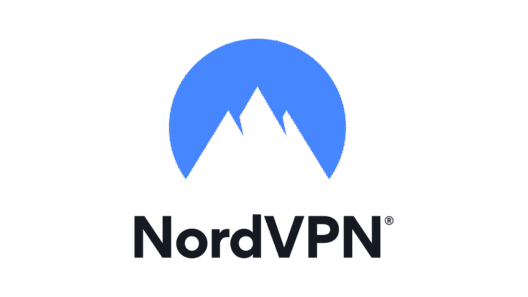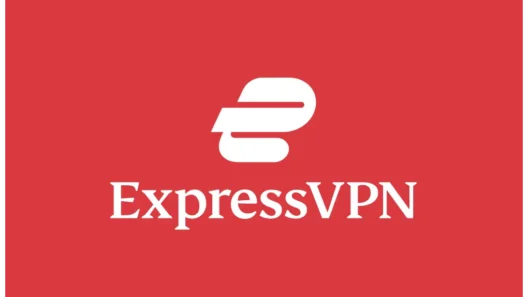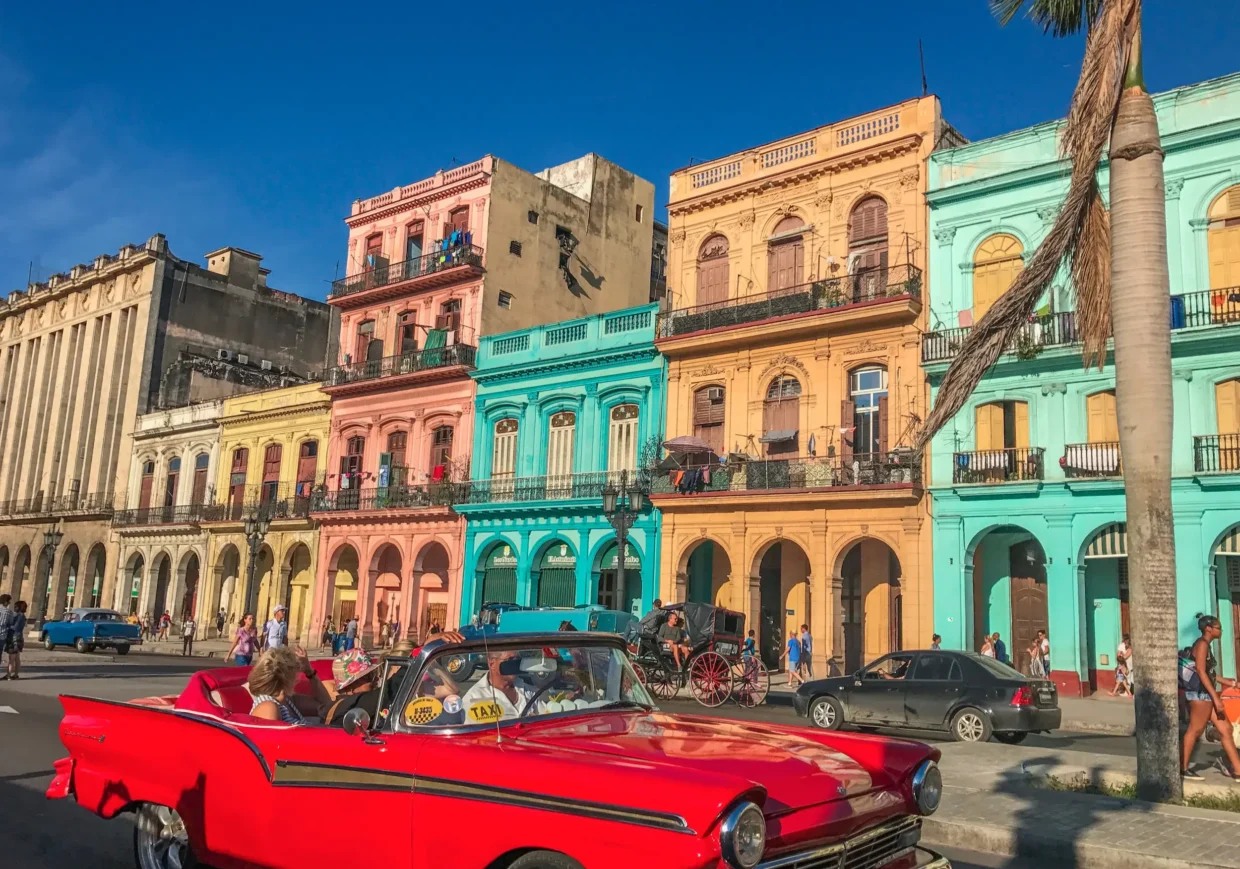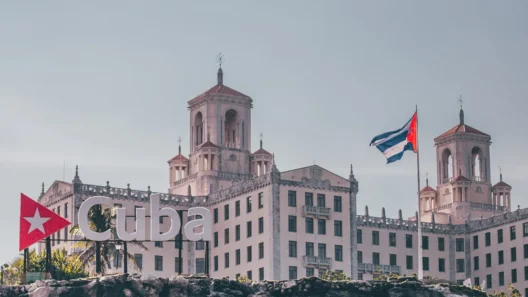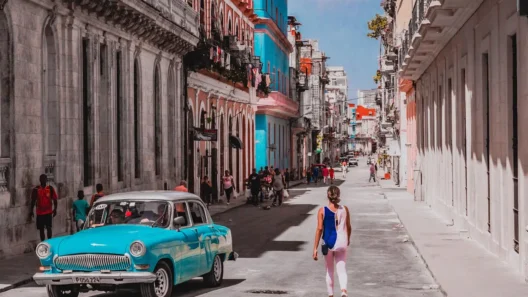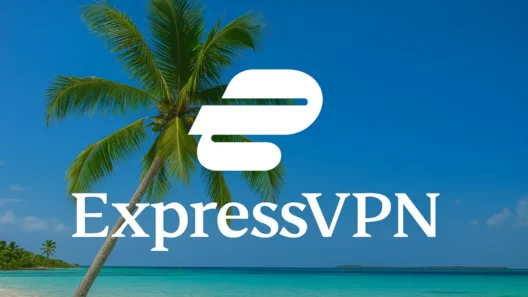Landing in Havana and hoping to just turn on your phone, scroll Instagram or stream Netflix as if you were in Berlin or Miami? Yeah, forget about it. Internet in Cuba in 2025 is a wild ride—part luxury, part test of patience, and absolutely nothing like what you’re used to from Europe or North America.
But if you’re prepared, know the rules of the local game, and bring a few digital tricks up your sleeve (think: VPN), you can enjoy your trip with much less stress.
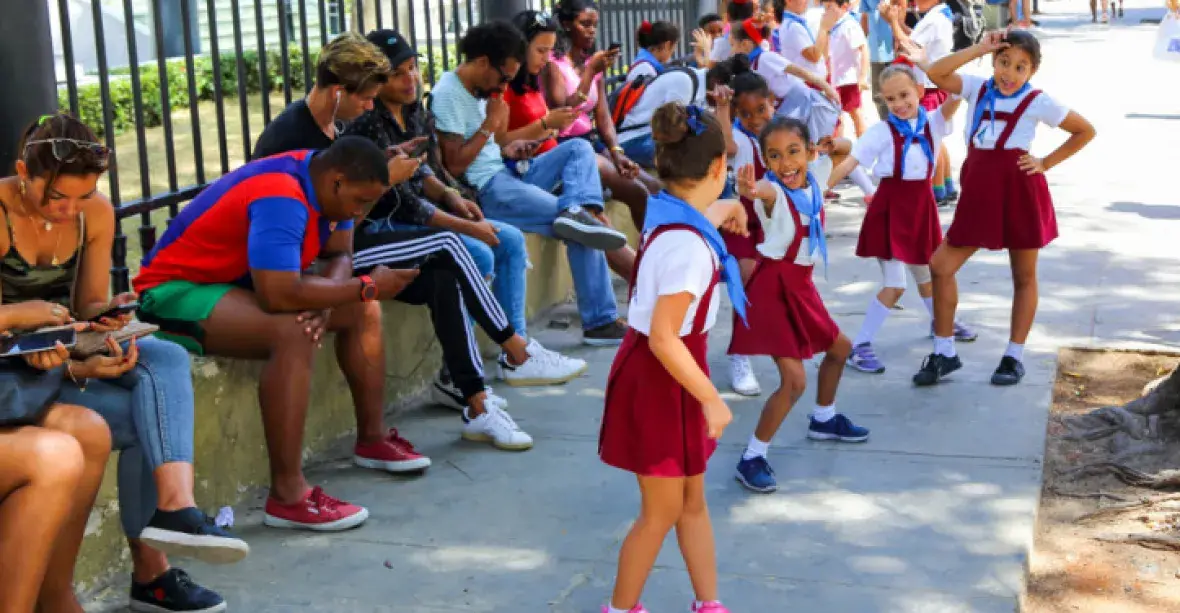
How to Get Online in Cuba: Your Options Explained
Unlimited data plans? Dream on. In Cuba, the state-run company ETECSA controls almost everything internet-related. If you want Wi-Fi in your hotel, mobile data, or just a basic connection to send emails from a park bench in Havana, it all runs through ETECSA.
- Mobile Data – Available since 2018, but prepare for sticker shock. For example, 1 GB of data for 7 days costs around $18 USD (often even more through local providers), and 4 GB can run up to $40–$45 USD per month. Compared to local salaries, that’s luxury. Even for travelers, it’s not exactly a bargain.
- Public Wi-Fi – Mostly found in parks, major hotels, and tourist hot spots. You’ll need to buy a NAUTA internet card—about $1 USD per hour of connection. The more people online, the slower the speed gets—sometimes dropping to a crawl.
- Hotel Wi-Fi – Usually more reliable (and sometimes included in the price for guests), but many hotels charge extra for access. Always ask at reception before you book.
- Cubacel Tur SIM Card – The easiest way to get online on the go. For about $25 USD, you’ll get 2.5 GB of data, plus credit for calls and SMS. For longer stays or heavier data needs, get a local SIM instead of paying outrageous roaming fees.
Forget about using your home country’s SIM card. International roaming fees are brutal—sometimes $10 USD or more for a single megabyte! A couple of photos, and you’ve spent what a Cuban spends on groceries for a month.
Internet Censorship, Streaming Services, and VPNs in Cuba
Cuba’s internet comes with its own set of rules—think of it as the wild west of the Caribbean. Yes, there is government censorship, but it’s not as iron-fisted as you might expect. Most international streaming services, like Netflix, YouTube, and Disney+, are technically accessible.
So, you can binge your favorite series… as long as your connection doesn’t crash or slow to a crawl (which, honestly, will probably happen at least once a day).
There’s a catch: some foreign websites—like Airbnb—are outright blocked. And during politically sensitive times (protests, big news events), the government sometimes slows down or restricts access to social networks, news sites, or even messaging apps.
For tourists, the biggest problem isn’t censorship—it’s speed and price. Data is expensive and slow, so streaming is a luxury. Locals usually just don’t bother, but if you really want to catch that Champions League match or new Netflix release, be ready for buffering.
Why You Need a VPN in Cuba
Here’s the real digital survival tip: A good VPN in Cuba is a must-have. It’s the Swiss Army knife of travel tech here, and not just for privacy. With a VPN, you can:
- Bypass blocked sites (Airbnb, some news outlets, booking services, etc.)
- Stream geo-blocked content as if you were back home
- Protect your data on public Wi-Fi (which, let’s face it, is about as secure as leaving your wallet at a bus stop)
- Avoid prying eyes from the state or random hackers
The best VPNs for Cuba in 2025? My experience—Surfshark, ExpressVPN, and NordVPN—these three are fast, reliable, and still work in Cuba, even with the government trying to block some VPN protocols.
I recommend installing your VPN before you land, and connect every time you go online.
| My 5 Best VPN for Cuba | Offer + Discount | URL |
|---|---|---|
| ExpressVPN | 61% off + 6 months free | Try ExpressVPN |
| SurfShark | 87% off + 2 months free | Try SurfShark |
| NordVPN | 77% off + 3 months free | Try NordVPN |
| CyberGhost | 83% off + 2 months free | Try CyberGhost |
| PIA VPN | 82% off + 2 months free | Try PIA VPN |
Real-Life Online in Cuba: Social Media, Messaging, and What Actually Works
If you think Cubans are cut off from the world, you’ll be surprised. Despite all the restrictions and high prices, most young people—and a growing number of older folks—are active online. But their digital habits look a bit different.
- WhatsApp: The king of communication in Cuba. It uses little data, is simple, and makes international texting practically free compared to local SMS or calls. If you want to reach someone in Cuba, start with WhatsApp.
- Facebook, Instagram, X (Twitter): All technically available, but access is sometimes unstable. The government has blocked or throttled these platforms during protests or political events. For tourists, they usually work fine (with a VPN as backup).
- TikTok & YouTube: Also available, but streaming videos will eat your data fast. Locals mostly watch short clips when Wi-Fi is available, or they download content offline when possible.
Most Cubans use the internet sparingly: It’s common to see people huddled in parks after dark, video-chatting or browsing social media with NAUTA cards, making the most of every megabyte. Locals plan their browsing carefully—no one is scrolling TikTok for hours straight here.
Smart Travel Tips for Using the Internet in Cuba (2025 Edition)
- Get an eSIM or Cuban SIM card as soon as you arrive. Don’t waste money on international roaming—go local!
- Download a VPN app before you land. Install Surfshark, ExpressVPN, or NordVPN on all your devices. It’s essential for privacy, unblocking content, and safe browsing.
- Buy NAUTA cards for public Wi-Fi if you’re on a tight budget. They’re cheap and let you connect all over Havana and in major tourist spots. Just expect a crowd!
- Always download important apps, maps, and entertainment before your trip. Cuba’s connectivity is unpredictable—better to have what you need offline.
- Share your data connection carefully. If you’re traveling as a group, one phone with a generous data plan and hotspot can save everyone money.
Final Thoughts: Is It Possible to Survive Online in Cuba?
Absolutely. You just have to reset your expectations. Forget about endless scrolling, 24/7 streaming, and ultra-fast downloads. Treat every moment online as something valuable (and sometimes a little bit rare).
But with the right SIM or eSIM, a solid VPN, and a bit of planning, you’ll be able to handle your emails, keep in touch with friends, share a few photos, and maybe even stream that Netflix show—just don’t expect 4K quality!
Cuba is still a digital frontier, but that’s part of the adventure. And who knows, maybe you’ll spend less time on your phone—and more time soaking up those classic cars, mojitos, and Caribbean sunsets.

